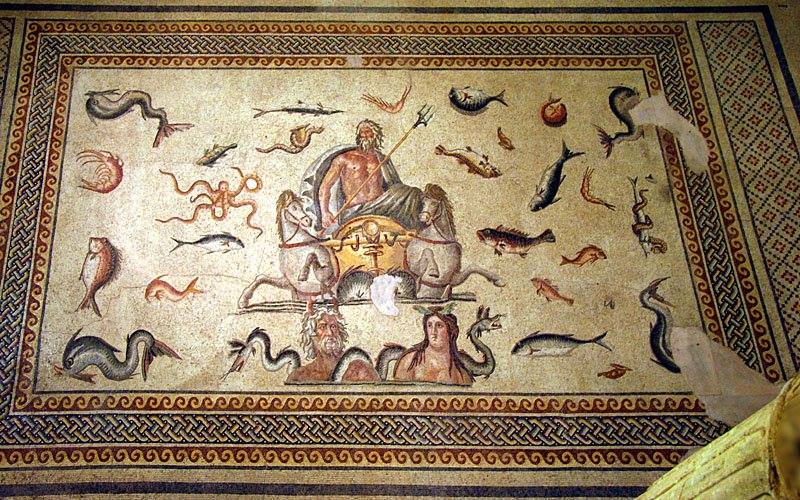We tend to think that literate women and men of Western Europe have had continuous, consistent and unimpeded access to the major, formative texts of the Greeks and Romans, but the case is far otherwise. Indeed, had Ovid not collected so many stories in his Metamorphoses, we would have fewer, less rich renderings of many great tales.
The same holds true for scientific and philosophical works of the Greeks, which for centuries (the "dark ages") virtually disappeared from the libraries and the philological skills of Western minds.
Thanks to Muslim centers of learning, those texts were never entirely lost. In
today's New York Times, John Noble Wilford reviews
The House of Wisdom, How Arabic Science Saved Ancient knowledge and Gave Us the Renaissance, by Jim al-Khalili.
As the subtitle suggests, the West owes a great deal to the enlightened Muslim world that flourished during the centuries that followed the collapse of the Roman empire.
If "tradition" means a handing down, this moment marks the survival of a vast portion of Greek philosophy, science and literature thanks to its preservation by Middle Eastern scholars in the 9th through the 11th Centuries, with particular early help from Baghdad:
bu Jafar Abdullah al-Mamun, caliph of Baghdad in the early 9th century, was indispensable to this intellectual flowering. The city was only four decades old but had already become the largest in the world. In this vibrant setting, al-Mamun established an institute, the House of Wisdom, the likes of which had not been seen since the great library at Alexandria. The author compares Baghdad in those days to Renaissance Florence or Athens in the age of Pericles.

At first, the caliph followed his great-grandfather’s practice of pushing his savants for Arabic translations of Greek books in the country’s possession, a legacy of Hellenistic rule for several centuries after the conquests of Alexander the Great. Over the next two centuries, more works of Aristotle, Pythagoras, Archimedes and Hippocrates, as well as Persian and Indian thinkers, were rendered into Arabic.. . .
The upshot was, while the Greek works in particular were disappearing in Europe, they were being preserved in Arabic to be retranslated later into Latin for a rebirth of “lost” knowledge. (More.)
If you're interested in what happened after this detour -- how the Greek works made their way back to Italy and then throughout the rest of Europe, have a look at my essay about Leonizio Pilato, Boccaccio's first Greek tutor, in Peter D'Epiro's
The Book of Firsts: 150 World-Changing People and Events from Caesar Augustus to the Internet.
His countenance was hideous; his face was overshadowed with black hair; his beard long and uncombed; his deportment rustic; his temper gloomy and inconstant; nor could he grace his discourse with the ornaments or even the perspicuity of Latin elocution. But his mind was stored with a treasure of Greek learning.
A copy of the Pilato essay is available
here.


No comments:
Post a Comment